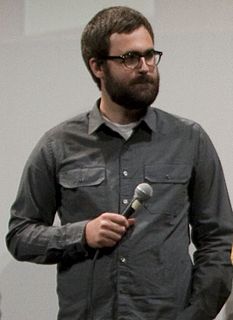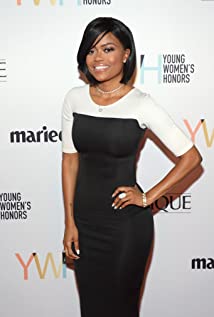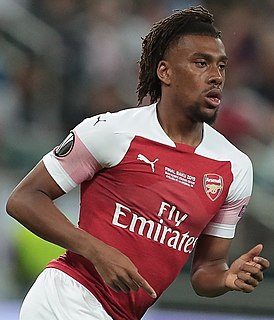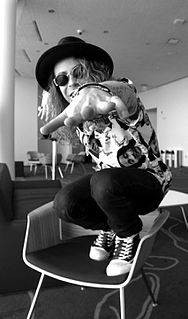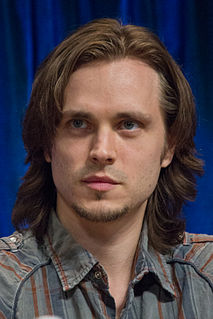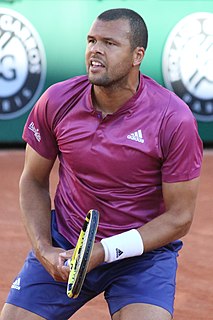A Quote by Jerusha Hess
I don't have to do much. What I was surprised at and the challenge was that dealing with an ensemble cast who are in scenes together everyday all day, that is a challenge. It's a challenge to make sure everyone get as much coverage and attention, it got just kind of competitive. I loved it because it made it funnier, but the improv went nuts. People were like, "Oh wait. I have something better to say." "Now, I'm going to say..."
Related Quotes
I love talking about the challenges [Newark, NJ] has because of the way they are always brilliantly disguised as opportunities.. .the biggest global challenge that there is is a challenge of the spirit, a challenge of our vision, a challenge and a test of our ideals, of who we SAY we are GOING TO BE.
People see your life on social media, and they say, 'Oh my gosh, it's perfect,' and I'm like, 'No, every day, it's not even just a struggle: it's something new, and it's a new challenge to make sure that I'm mentally stable and healthy and that I'm okay.' It was just great to finally get it out and talk about it.
When Nigeria actually gave me the call-up I thought 'oh, it's going to be a challenge, I don't go back there a lot, I don't really speak the language.' I wasn't speaking the language as fluently as I am now, so it was always going to be a challenge, but it was a challenge I decided to take and change nationalities.
Everyone must concede that there is in existence something wiser than himself. Now there is a challenge, there is a challenge which few even investigate. We're going to do that now. Let's see what we're talking about. All troubled people, which is all people, must if they are going to be delivered from themselves, must make the concession that there is a force, an entity, a power that is higher than their own present nature.
Being able to just stick to our instincts and honor the [Hunger Games] books and find a way to stay the course of trying to make the best possible decisions that you would make creatively on any movie, without having your head turned too much by all of the interest, has been a great challenge. It's the best challenge you could ask for, but that was a big challenge.
I was in a comfortable situation, I was on tour, it was cool, but it wasn't at all what I wanted to do. So I had to leave it, start over. My friends were like, 'You were doing something, now you're back at day one.' So people kind of look at you different when you start over. Everyone needs to challenge themselves like that.
We get to get into the nitty-gritty and the minutiae of the way they relate now, and that's really valuable. We just have to make sure we don't repeat ourselves and we plot this thing so it doesn't dead end too much, and so that's the challenge really. It's like, how do you keep those balls in the air and make it exciting still?
The challenges change depending on the song. There are some songs where the lyrics are really a challenge and then there are other songs where the lyrics are there and the music is a challenge. And then you've got rock songs where the challenge is the tightness of the arrangement with the band. The music and the lyrics are there, but it's a challenge to get the arrangement correct. So I wouldn't be able to point to one thing. What the challenge is changes all of the time.
Then the challenge is, once you left brain it and build it, then when you're on stage you have to know it so well that you can get lost in it. I don't want to be onstage looking like a robot, I want to be at the end of the day very emotional and what feels like someone being up there rather than reciting things. That's always the challenge, to analyze and then somehow lose yourself in something you absolutely know backwards and forwards. And nothing's going to surprise you, but you have to be surprised by it and let it surprise you.
I decided to practice alone because it was a challenge for me to see how much I love tennis. And making sure I was not trying just to respond to other people's expectations and that I really wanted it myself. I realized that I just loved tennis, that it was something extraordinary, that I would really want to do that.
I don't like that whole "art should challenge you" thing. Because I don't feel like art actually does challenge you. I was a semiotics major at Brown, and there's this idea that stories are better, books are better, and movies are better if they cocked you off your axis and you were completely disoriented and you'd really have to rethink everything.
